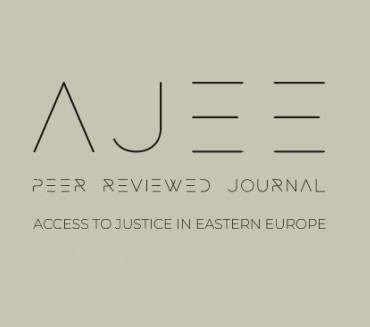1. Introduction. – 2. Literature Review. – 3. Methods. – 4. Findings and Discussion. – 4.1. Key Legislative Frameworks. – 4.1.1. Law on the Prevention of Domestic Violence (2009). –4.1.2. Concept of Family and Gender Policy Until 2030. – 4.1.3. Law on Amendments and Additions to Certain Legislative Acts (2024). – 4.2. Access to Justice for Victims of Violence against Women in Kazakhstan – 5. Conclusion.
Background:
The legislative framework pertaining to violence against women (VAW) in Kazakhstan has undergone significant modifications in recent years, reflecting a growing recognition of the significance of comprehensive approaches to address this widespread issue. Although legal frameworks have been established to protect victims and prevent violence, challenges remain in their implementation and effectiveness. This study aims to analyse VAW legislation in Kazakhstan, examining its strengths and weaknesses, as well as its impact on victim protection and the wider social context.
Methods:
The study employs documentary analysis to analyse key legislation and policy documents, including the Law on the Prevention of Domestic Violence and the Concept of Family and Gender Policy until 2030. Recurring themes, legislative gaps, and obstacles in their implementation were uncovered through a systematic content analysis approach.
Results and Conclusions:
The results reveal that, though the legal instruments in Kazakhstan provide the necessary protection for victims, there are still significant challenges regarding inconsistent enforcement, limited access to support services, and deep-rooted cultural attitudes toward VAW. Access to justice for survivors of VAW remains a key issue in Kazakhstan due to significant gaps in legal protections and resources, especially in rural areas, which hinder the effective pursuit of justice. The analysis highlights the need for a more victim-centred approach, addressing the causes of VAW, and stresses that public awareness and education have a considerable impact on changing society's perception. The study concludes that despite positive developments in legislation, the application of laws against VAW in Kazakhstan suffers from improper mechanisms for implementation and support mechanisms. Therefore, there is a pressing need for increased enforcement, funding for support services, and dedication to cultural transformation. By addressing these issues, Kazakhstan can foster a safer environment.

